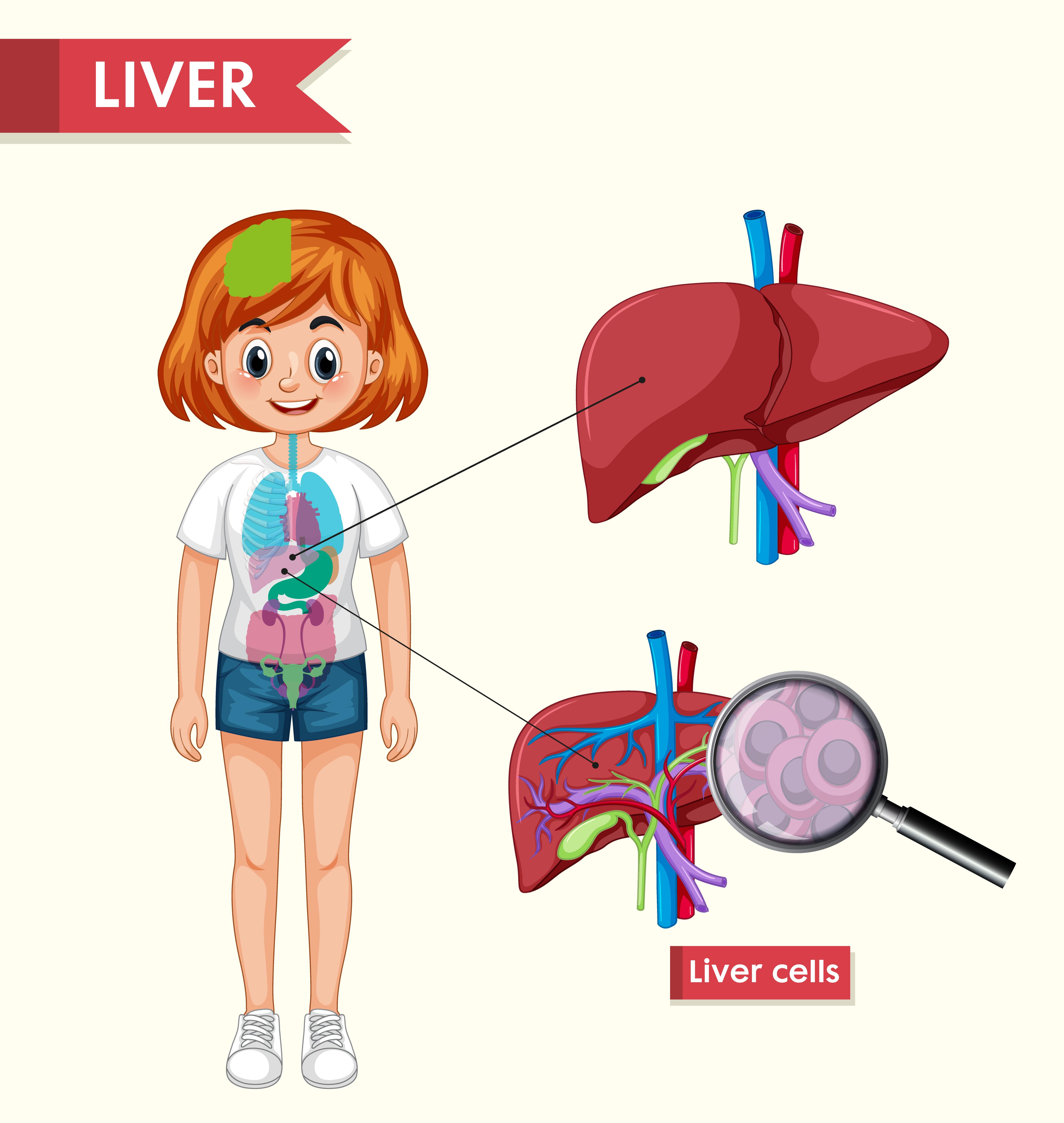Kidney function is crucial for overall health, as the kidneys play a vital role in filtering waste products and excess fluids from the blood, balancing electrolytes, and regulating blood pressure. Chronic kidney disease (CKD) can lead to a decline in kidney function, potentially resulting in the need for dialysis. However, there are several strategies to improve and maintain kidney function, potentially avoiding or delaying the need for dialysis. Regular kidney profile tests can help monitor kidney health and detect early signs of dysfunction. This article explores dietary changes, lifestyle modifications, medical management, and other approaches to support kidney health.
1. Adopt a Kidney-Friendly Diet:
A balanced diet tailored to kidney health can significantly impact kidney function. Key dietary changes include:
- Reduce Sodium Intake: High sodium levels can increase blood pressure and strain the kidneys. Limit salt intake by avoiding processed foods, using herbs and spices for flavor, and reading food labels carefully.
- Control Protein Consumption: While protein is essential for the body, excessive intake can burden the kidneys. Opt for moderate portions of high-quality proteins such as lean meats, poultry, fish, beans, and nuts.
- Limit Phosphorus and Potassium: In CKD, the kidneys may struggle to balance phosphorus and potassium levels. Avoid high-phosphorus foods (e.g., dairy products, nuts, seeds) and high-potassium foods (e.g., bananas, oranges, tomatoes). Consult with a healthcare provider for personalized recommendations.
- Stay Hydrated: Adequate hydration supports kidney function by helping to flush out toxins. Drink water regularly, but avoid excessive fluid intake if you have fluid retention issues.
2. Manage Blood Pressure and Blood Sugar Levels:
High blood pressure and diabetes are leading causes of kidney disease. Controlling these conditions can prevent further kidney damage.
- Monitor Blood Pressure: Aim to keep your blood pressure below 140/90 mm Hg, or as advised by your doctor. Lifestyle changes, medication, and regular monitoring can help achieve this goal.
- Control Blood Sugar Levels: For individuals with diabetes, maintaining blood glucose levels within the target range is crucial. Follow a diabetes-friendly diet, exercise regularly, and take prescribed medications or insulin as directed.
3. Maintain a Healthy Weight and Exercise Regularly:
Maintaining a healthy weight reduces the risk of conditions that can harm the kidneys, such as hypertension and diabetes. Regular physical activity improves overall health and kidney function.
- Exercise Routine: Aim for at least 30 minutes of moderate-intensity exercise, such as walking, swimming, or cycling, most days of the week.
- Weight Management: Achieve and maintain a healthy weight through a balanced diet and regular physical activity. Seek guidance from a healthcare provider or dietitian if needed.
4. Avoid Smoking and Limit Alcohol Consumption:
Smoking and excessive alcohol intake can impair kidney function and overall health.
- Quit Smoking: Smoking damages blood vessels, reduces blood flow to the kidneys, and accelerates the progression of kidney disease. Seek support through cessation programs, medications, or counseling.
- Limit Alcohol: Excessive alcohol can increase blood pressure and add extra calories, leading to weight gain. Moderate your alcohol consumption to protect your kidneys and overall health.
5. Use Medications Wisely:
Some medications can harm the kidneys if not used correctly. Always follow your doctor's recommendations and inform them of all medications and supplements you are taking.
- Avoid Overuse of NSAIDs: Nonsteroidal anti-inflammatory drugs (NSAIDs) like ibuprofen and naproxen can damage the kidneys if used frequently or in high doses. Use these medications sparingly and under medical supervision.
- Prescribed Medications: Take medications for controlling blood pressure, diabetes, and other conditions as prescribed. Regular check-ups with your healthcare provider can help manage these conditions effectively.
6. Regular Monitoring and Medical Management:
Regular medical check-ups are essential for monitoring kidney function and managing any underlying conditions.
- Routine Tests: Regular blood and urine tests can help detect changes in kidney function early. Discuss the frequency of these tests with your healthcare provider.
- Specialist Care: If you have CKD, consider seeing a nephrologist (kidney specialist) for personalized care and management plans.
7. Limit Exposure to Toxins:
Minimizing exposure to environmental toxins and occupational hazards can protect kidney health.
- Avoid Exposure: Be cautious with household and workplace chemicals, and follow safety guidelines to avoid inhalation or skin contact with harmful substances.
- Stay Informed: Keep informed about potential toxins in your environment and take proactive steps to minimize exposure.
8. Stress Management:
Chronic stress can negatively impact overall health, including kidney function. Adopting stress management techniques can support kidney health.
- Relaxation Techniques: Practice yoga, meditation, deep breathing exercises, or other relaxation techniques to manage stress effectively.
- Adequate Sleep: Ensure you get sufficient rest each night to support overall health and well-being.
Conclusion:
Improving and maintaining kidney function involves a multifaceted approach that includes dietary changes, lifestyle modifications, medical management, and regular monitoring. By adopting a kidney-friendly diet, managing blood pressure and blood sugar levels, maintaining a healthy weight, avoiding harmful substances, using medications wisely, and minimizing toxin exposure, individuals can support their kidney health and potentially avoid or delay the need for dialysis. Regular medical check-ups and stress management are also crucial components of a comprehensive kidney care plan. Always consult with healthcare professionals to tailor these strategies to your specific needs and health conditions.

